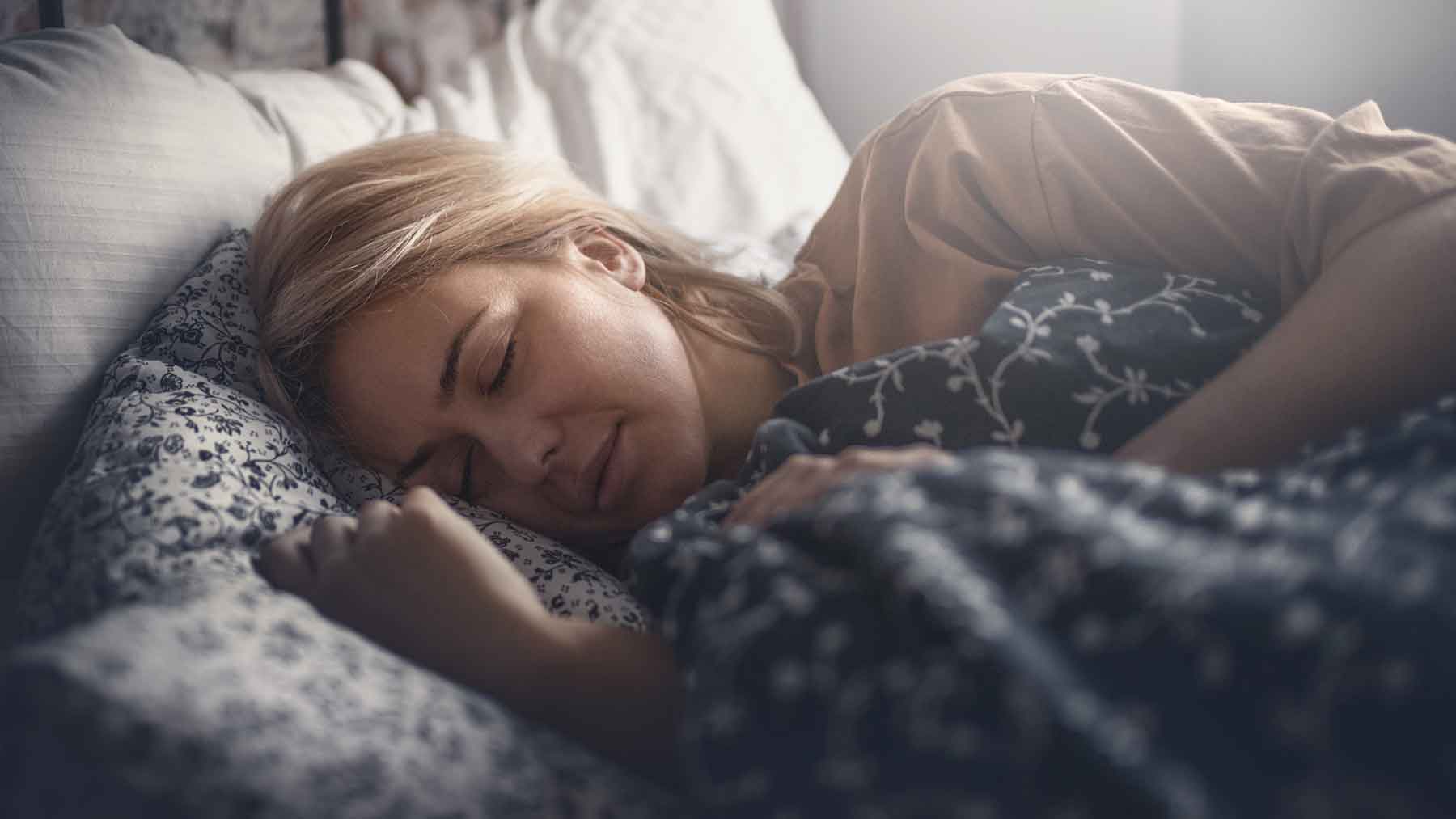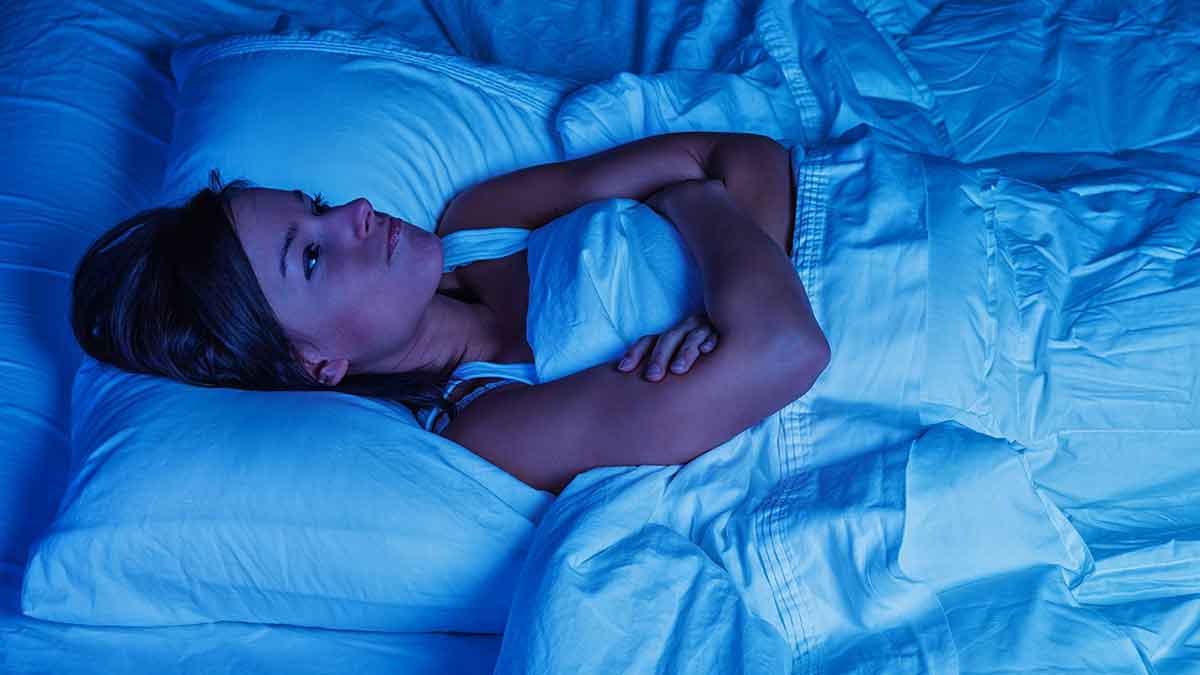'Advanced sleepers' take 'early to bed, early to rise' to the extreme

People have a natural sleep/wake cycle called a circadian rhythm which influences what times of day you feel drowsy or alert. Generally, this rhythm allows you to get between six and nine hours of sleep at night and feel reasonably alert during the day.
But what happens when someone’s natural cycle makes their day start and end too early in the day? Here’s what you should know about “advanced sleepers.”
What makes you an "advanced sleeper"?
When your circadian rhythm is set so that you want to go to sleep earlier and get up earlier than what social norms dictate, you’re known as an advanced sleeper. For example, an advanced sleeper may naturally feel sleepy at 8 p.m. and wake up at 4 a.m. You’ll be able to go through your day normally without feeling the need to catch up on sleep. Advanced sleepers don’t suffer in terms of quality or quantity of sleep—they simply sleep at unusual times of day.
What causes advanced sleeping?
Advanced sleeping is caused by a natural difference in circadian rhythm, which is controlled by a part of the brain called the suprachiasmatic nucleus in the hypothalamus. The exact cause isn’t fully understood, but there’s a genetic aspect — you may inherit the pattern of advanced sleeping from a parent who’s an advanced sleeper.
Usually, a pattern of early sleeping and waking is seen more in the elderly population as opposed to young adults, since people’s circadian rhythms naturally advance as they age.
Is treatment necessary?
If you have an advanced sleep cycle, it’s not considered a disorder or problem unless you’re bothered by your sleep schedule. If you aren’t bothered by it, there’s no reason to actively change it or worry about it.
However, if you find your advanced sleep schedule interfering with your daily activity, such as finding yourself unable to engage in social or family obligations in the evening due to being sleepy, you can try bright light therapy in the evening to try to delay your natural sleep onset time.
Meena Khan is a neurology and sleep medicine physician at The Ohio State University Wexner Medical Center.




